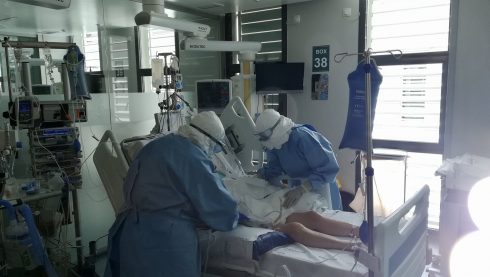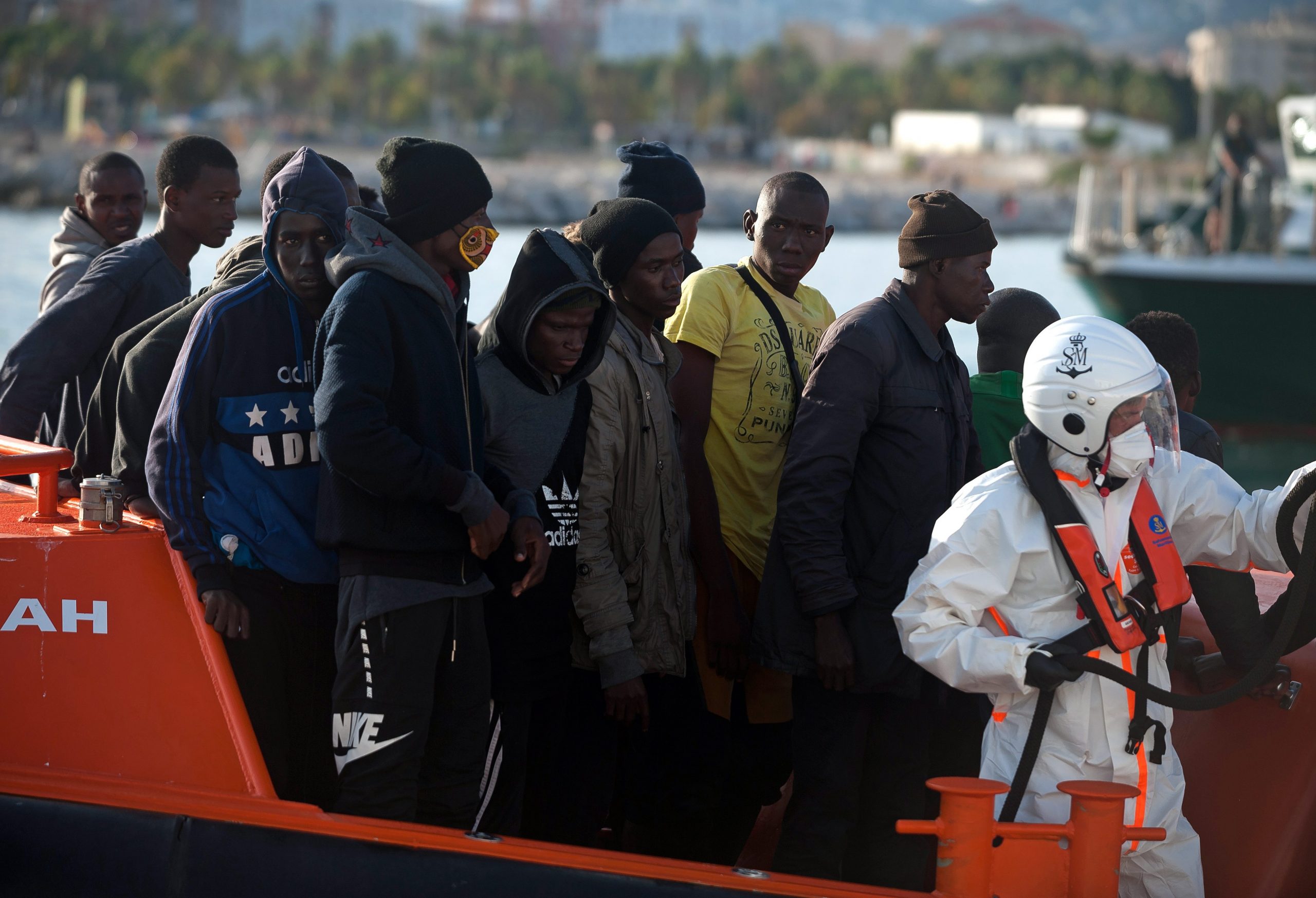THE Junta informed this Sunday that the mosquito-borne West Nile virus has been detected in 19 horses.
The outbreaks have been detected in the provinces of Sevilla, Huelva and Cadiz.
Specifically two in Cadiz, one in Puerto Real and another in Jerez de la Frontera; five in Huelva (two in Almonte and one each in Moguer, San Bartolome and Gibraleon); and 12 in Sevilla (four in Lebrija, three in Los Palacios, three in Dos Hermanas and two in Las Cabezas de San Juan).
The surveillance system, implemented by the Department of Animal Health of the Regional Ministry, in 2010, serves as a health alert for a possible outbreak of the virus in humans.
READ MORE:
- West Nile virus transmitted by mosquitos revealed to be behind string of meningitis cases in Spain’s Sevilla
- First death from mosquito-borne West Nile virus in Spain’s Andalucia
The early detection of the disease in horses permits the appropriate veterinary treatment to be applied and also alerts the Junta’s Directorate General of Public Health to be vigilant for the detection of any confirmed cases in humans.
Horse vaccines against the disease are frequently applied by veterinarians in those territories with a history of the virus.
Horses however do not transmit the decease to other animals and only 10% of infected equines develop symptoms and only 1% die as a result.
The current outbreak of the West Nile virus in the largest ever recorded in Andalucia, though cases of the disease have been detected for years.
Episodes of the virus in Andalucia are frequent, mainly due to the particular geographical situation of the region as a passage for migratory birds.
Immigrating birds serve as reservoirs for the virus transmitted by mosquitos.
Active surveillance in the region by testing horses from a list of farms in the areas at greatest risk enables early detection of the virus circulation in the territory.
So far, 40 people, residents of Coria del Rio and La Puebla del Rio in Sevilla, have been infected by the mosquito-borne virus which has already caused the death of two people.
Some 23 individuals are still hospitalised with eight in intensive care according to the regional health ministry.
Click here to read more Sevilla News from The Olive Press.








